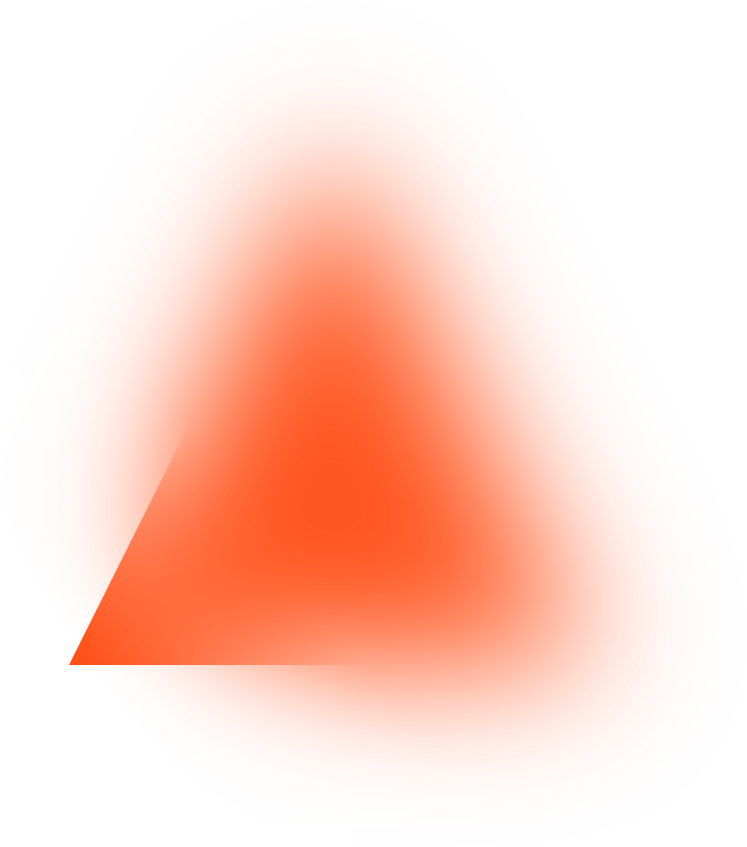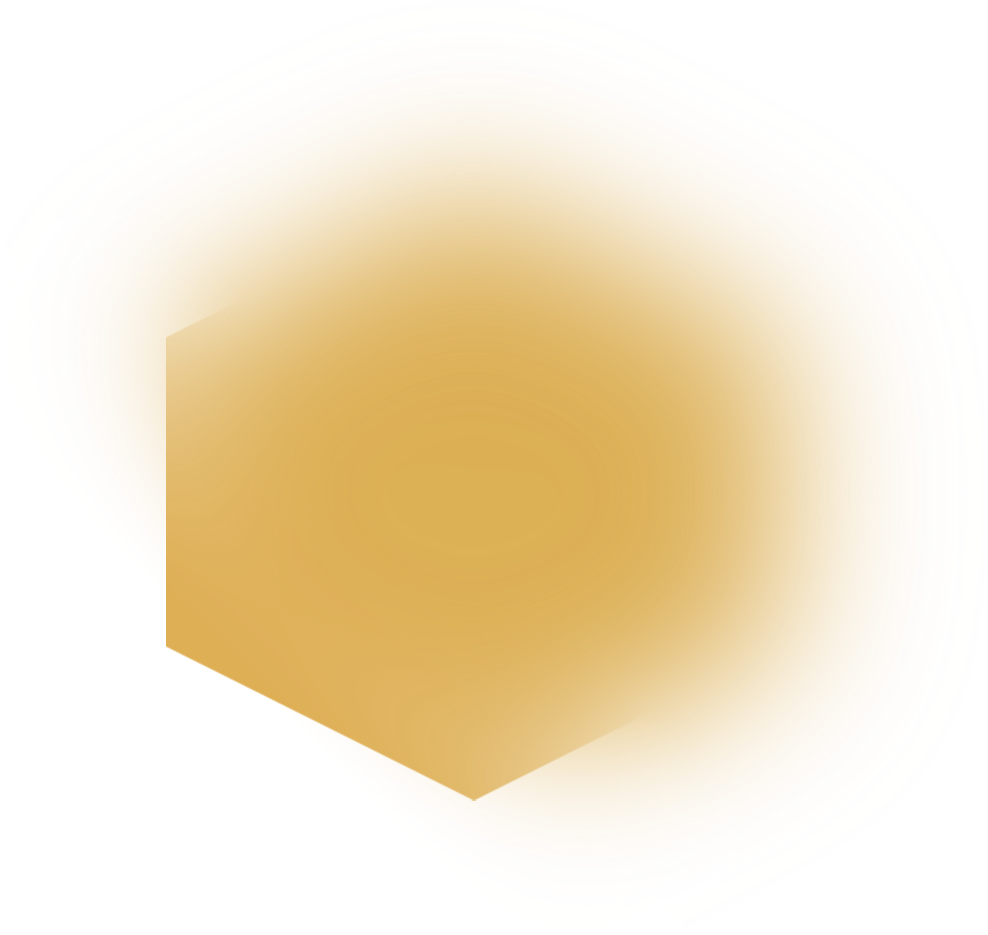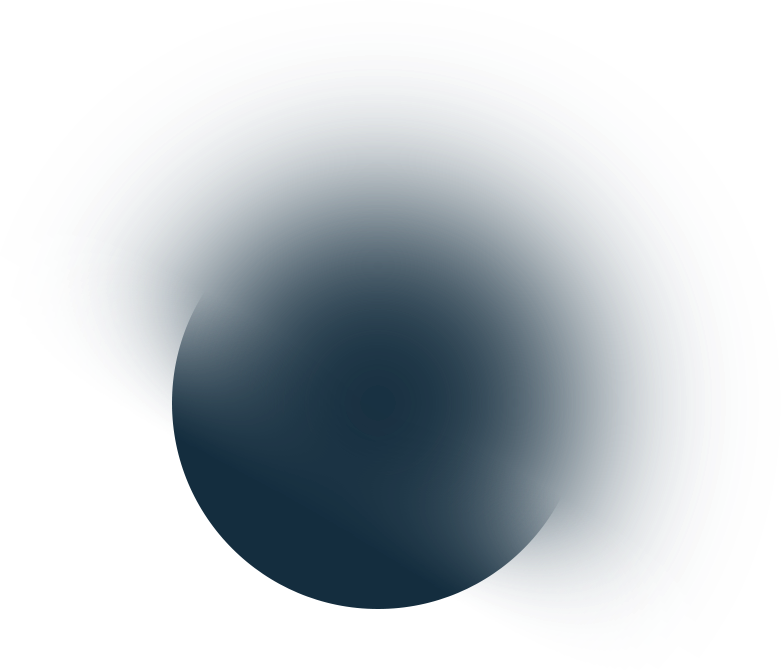It’s an Extreme Privilege to Be a Scientist
As told by Ardem Patapoutian
I was born in Beirut, Lebanon, where my mom was an elementary school teacher and principal and my dad was a writer and accountant. The youngest of three kids, I was eight years old when the Lebanese Civil War began. Life was often understandably stressful, with curfews, limited hours of electricity, and the not infrequent explosion.
As Armenians, we were usually treated as quasi-neutral parties to the Christian-Muslim strife, and I attended small Armenian schools which continued shrinking in class size as more families escaped the war. By my freshman high school year, we were down to five students, all dear pals, where I was perhaps middle of the pack in my subjects but definitely the shortest in stature. The school closed the next year, and I moved to a multicultural and academically rigorous private high school where I initially flailed but eventually found a knack for math and science classes, a classic late bloomer.
I had three havens of childhood I remember with fondness: my sports club where I played basketball (not well, see height above) and table tennis (local champ!), our trips to the Mediterranean Sea and the wooded mountains surrounding Beirut, and the beautiful campus of the American University of Beirut, where I attended one year of undergraduate classes as a pre-med major. However, the conflict continued to escalate, and one fateful and terrifying morning, I was captured and held by armed militants. A few months later, I moved to Los Angeles.
Writing horoscopes
This first year in LA was a different kind of struggle to adapt, perhaps as challenging a year as a young adult as any I had experienced as a child in Beirut. Suffice to say, a highlight was writing horoscopes for the local Armenian newspaper. What a relief it was to gain admission to UCLA to resume my student life. A significant event was joining Judy Lengyel’s Drosophila lab and learning molecular biology from her graduate students Eirikur Steingrimsson and Richard Baldarelli. These guys were exceedingly generous and patient in training me, and the work they were doing seemed like so much fun. A gold rush time during fly genetics, we identified the tailless gene responsible for establishing polarity in the developing body plan, resulting in a still-cherished fifth-author publication. And the lab lifestyle – happy hours, crazy hours, flexible hours – these things were so novel to me and such a treat. Working as part of a team, collaborating to contribute to a project, proved to be addictive, indeed a new identity. Having fun and having it together with a tribe of international, curious, oddball nerds became two goals I have kept since those first days as a budding researcher.
“The lab lifestyle – happy hours, crazy hours, flexible hours – these things were so novel to me and such a treat.”
Nail in the coffin
Finding out that graduate school paid a $1000 monthly stipend was the nail in the coffin for medical school, and I made my next scientific home at Caltech. I continued along the path of studying transcriptional regulation in developmental biology, now in the context of muscle differentiation in the lab of Barbara Wold. Barb taught us to think big, rather than getting too bogged down in the smaller details of a mature field of inquiry, another goal in my research life. I also collected more treasured memories of another lovely campus, wonderful colleagues, productive collaborations, and fun times doing photography, cooking at the Prufrock House, and running the famous 24-hour KELROF relay race. For postdoctoral studies, I joined the lab of Louis Reichardt at UCSF where I shifted to the developmental program driving subtype specificity of the somatosensory neurons that initiate touch and pain. Lou became a key model for me in how to run a lab, granting us a great deal of independence while always being a strong supporter. He allowed me to pursue a slew of projects, many leading to dead ends or fizzling, but three eventually grew into related insights on how secreted neurotrophins drive survival and specialization of these sensory neurons. When not at the bench, we attended so many terrific seminars, all packed, seemingly enough to go to at least one a day, and I soon became a typical San Francisco coffee and food enthusiast.
“I soon became a typical San Francisco coffee and food enthusiast.”
A mystery
During this period of studying the development of these sensory neurons, it gradually became more urgent to me that the defining proteins that underlie the function of these cells, the molecules that allow them to detect physical stimuli such as temperature and mechanical force, were largely a mystery. On the temperature front, David Julius across campus had recently cloned TRPV1 as an ion channel activated by heat. Following the visionary Peter Schultz to San Diego, I established my new lab at Scripps Research and set out to test whether other TRP channels were temperature channels. My fantastic trainees collaborating with Novartis indeed found TRPM8 and TRPA1 as cold and noxious stimuli sensors. But which channels convert mechanical forces to neuronal signalling, thereby initiating the senses of touch, proprioception (body position in space), and pain? Pete created an environment where I could branch out and scale to tackle these fresh directions.
To identify the proteins that turn pressure into sensory neuronal activity, an amazing postdoctoral fellow in my lab, Bertrand Coste, screened a panel of cell lines to find one responsive to piezo-electrically applied mechanical force, and then proceeded to knock-down candidate genes encoding channel-like proteins. A grueling, low-throughput functional screen, this technical feat identified PIEZO1 and 2, two very large, multiple membrane-pass ion channels expressed in a variety of cell types. Over the following years, Bertrand and other dedicated trainees have fleshed out which of the two channels is responsible for an astonishing number of physiological roles that depend on pressure sensing, while chasing other channels involved in yet more sensory pathways. I hope they are having as much fun as I am in pursuing such science, and I am exceedingly proud of how well they collaborate with each other and with our expert colleagues around the world. Near and dear amongst those colleagues are my fellow faculty of the Dorris Neuroscience Center, who are not only tremendous minds but able bodies who help me enjoy the waters of La Jolla Cove and the wilderness of the Sierra Nevada.
On this occasion of looking back, the role of the Howard Hughes Medical Institute cannot be understated. Their mission of supporting “people not projects” completely aligns with the spirit of modern biology as an integrative and cross-specialty field. The freedom to pursue major innovations, gaining rapid expertise through collaboration, has fueled my research program, and of course I think this is the most fun way to do science. It goes without saying that the role of the National Institutes of Health has been vital to the very existence of basic biomedical research in the U.S., and I sincerely hope our country, and indeed the world, has a newfound level of appreciation for the impact biology research has on human health. Returning to my appreciation, my family has been a profound source of happiness without which all the science would be hollow. As Kavli Prize Laureate Jim Hudspeth so memorably put it, my first, favorite, and only wife, Nancy, is my intellectual and moral compass, challenging my thinking and ego and reminding me of better angels. Our dear son, Luca, is a constant surprise, who we dare not be too proud of lest we flatter ourselves. My family, including my parents Sarkis and Haigouhie and siblings Ara and Houry, have provided unwavering love and encouragement.
And lastly in gratitude, I acknowledge the extreme privilege to be a scientist. The intellectual nourishment, the richly diverse universe of co-conspirators, the beautiful places around the world where science has taken me, the wonders and mysteries of the human body – what joy, what fortune.


